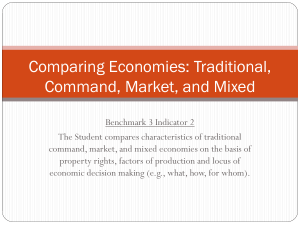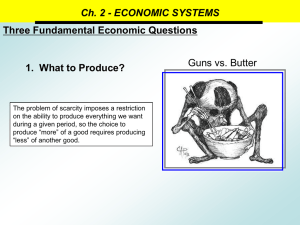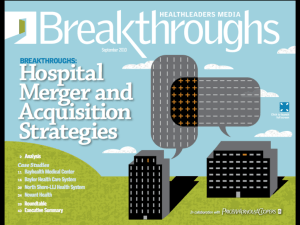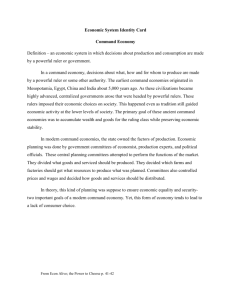African Economic Systems DBQs: South Africa & Nigeria
advertisement
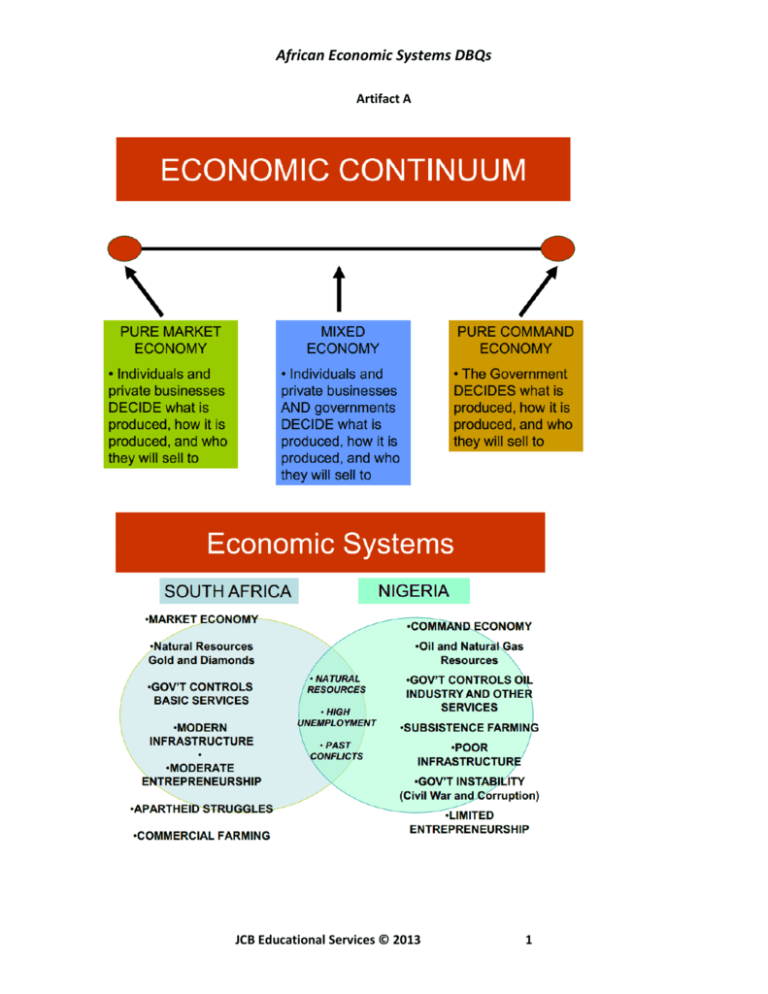
African Economic Systems DBQs Artifact A JCB Educational Services © 2013 1 African Economic Systems DBQs http://schools.paulding.k12.ga.us/ischooldistrict/media/files/2218/Unit%205%20SS7E1abc%201112.pdf 1. Based upon the information from the chart and Venn Diagram for Artifact A, what are some of the benefits of a pure market economy for South Africa? L6-8RH7 2. What are some of the problems that have arisen for South Africa's market economy? L6-8RH7 3. Based upon the information from the chart and Venn Diagram for Artifact A, what are some of the benefits of a command economy for Nigeria? L6-8RH7 4. What are some of the problems that have arisen for Nigeria's command economy? L6-8RH7 5. How would Nigeria and South Africa be affected if their economies were mixed economies? L68RH1, L6-8RH7 JCB Educational Services © 2013 2 African Economic Systems DBQs Artifact B Mixed Economies The mixed economy works because the two primary players, the private sector and public sector, benefit each other. The private sector’s goal is to make profit. For every dollar in revenue for the private sector, there is a tax that goes directly to some level of government. The public sector can then afford to continue providing its services to the people, which include but is not limited to, the businesses. Citizens also pay taxes through either goods and services from the private sector or public sector. What are the advantages of a mixed economy? The first advantage of a mixed economy is that is allows for competition among producers and manufacturers with enough government regulations in place to protect the society. Another advantage of a mixed economy is right of people and businesses to produce, sell, and decide on their own prices. What are the disadvantages of a mixed economy? The wrong regulation on economic processes can be a catastrophe to certain features of production. Another disadvantage is that merchants and business must locate markets for their goods and services. They also have no control over the taxes they are required to pay. Taxes can also be an advantage, because they provide revenue for the government to support its citizens and infrastructure. Here are a few more examples of a mixed economy in action. Economic freedoms consist of the right to start your own business, hire employees, fire employees, and sell goods and services for a profit. The government not only regulates these activities so that other businesses and civilians are ensured consumer safety, but also to try and keep everyone on a level playing ground, such as equal employment regulations. The government does not just regulate these businesses, but also taxes them in order to provide a plethora of goods and services proven nonprofitable by the private sector, such as libraries, education, hospitals, and sanitation. http://www.mixedeconomy.org/ 6. What are the financial advantages of a mixed economy for the government and mixed citizes according to the article? L6-8RH1 7. What are some economic freedoms that small businesses and individuals receive under a mixed economy? L6-8RH1 8. What are some disadvantages to a mixed economy? L6-8RH1 JCB Educational Services © 2013 3 African Economic Systems DBQs Artifact C South Africa Economy: South Africa has a mixed market economy. Similar to the United States, South Africa’s economy is subject to government regulation, but is driven by competition and a free market. Based on this reality, the historical legacy of racial divides and inequality existing between South Africa’s populations is critical. As Jill Nattrass writes, in a mixed market economy such as South Africa’s, skill sets make individuals more or less valuable to the economic system (Nattrass, 1989) [19]. This truth indicates the danger of ongoing economic inequality that has existed in South Africa and continues today. Those lacking education, training, or access to those areas in which education and training can be utilized, are ultimately less successful within South Africa’s economic system. This inequality occurs across racial divides, and is also defined through provincial areas. South Africa’s wealth inequality presents a puzzling economic duality. While South Africa boasts those institutions integral to the world’s most economically successful nations, the country simultaneously presents characteristics associated with developing nations, like uneven distribution of income and wealth. This provides a unique lens through which to explore South Africa’s current and future economic health. http://sitemaker.umich.edu/seminar.497.2010.southafrica/economy_and_security 9. What is the connection between apartheid and racism in South Africa and its current economy? L6-8RH1 10. What is the reality for the less skilled and less educated in South Africa under the mixed market economy? L6-8RH1 11. What are some of the characteristics that South Africa shares with less developed countries although it is one of the most economically successful nations? L6-8RH1 JCB Educational Services © 2013 4 African Economic Systems DBQs Artifact D Free market economies Markets enable mutually beneficial exchange between producers and consumers, and systems that rely on markets to solve the economic problem are called market economies. In a free market economy, resources are allocated through the interaction of free and self-directed market forces. This means that what to produce is determined consumers, how to produce is determined by producers, and who gets the products depends upon the purchasing power of consumers. Market economies work by allowing the direct interaction of consumers and producers who are pursuing their own self-interest. The pursuit of self-interest is at the heart of free market economics. http://www.economicsonline.co.uk/Competitive_markets/Economic_systems.html Command economies The second solution to the economic problem is the allocation of scarce resources by government, or an agency appointed by the government. This method is referred to as central planning, and economies that exclusively use central planning are called command economies. In other words governments direct or command resources to be used in particular ways. For example, governments can force citizens to pay taxes and decide how many roads or hospitals are built. Command economies have certain advantages over free market economies, especially in terms of the coordination of scarce resources at times of crisis, such as a war or following a natural disaster. Free markets also fail at times to allocate resources efficiently, so remedies often involve the allocation of resources by government to compensate for these failures. JCB Educational Services © 2013 5 African Economic Systems DBQs http://www.economicsonline.co.uk/Competitive_markets/Economic_systems.html Mixed economies Mixed economies may have a distinct private sector, where resources are allocated primarily by market forces, such as the grocery sector of the UK economy. Mixed economies may also have a distinct public sector, where resources are allocated mainly by government, such as defense, police, and fire services. In many sectors, resources are allocated by a combination of markets and panning, such as healthcare and, which have both public and private provision. http://www.economicsonline.co.uk/Competitive_markets/Economic_systems.html JCB Educational Services © 2013 6 African Economic Systems DBQs 12. Based upon Artifact D, what is connection between a market economy and what you have learned about the economies of African countries? L6-8RH1 13. Based upon Artifact D, what is connection between a command economy and what you have learned about the economies of African countries? L6-8RH1 14. Based upon Artifact D, what is connection between a mixed economy and what you have learned about the economies of African countries? L6-8RH1 15. Which economic model provides individuals with the greatest opportunity to gain wealth and improve their financial situation in African countries? L6-8RH1 JCB Educational Services © 2013 7



